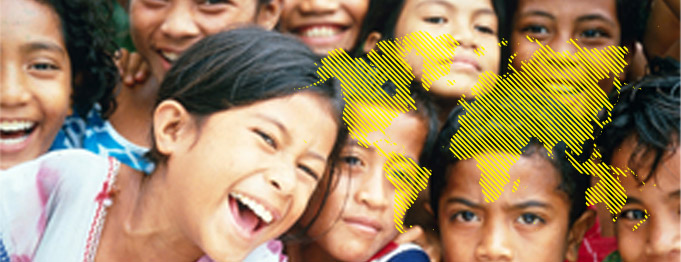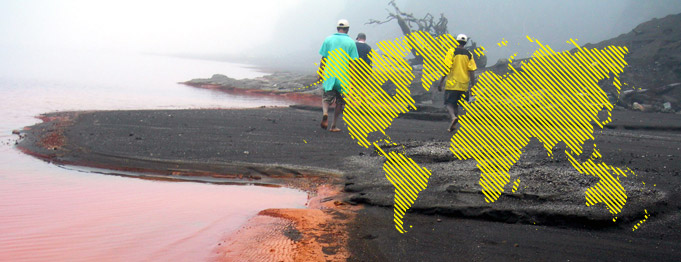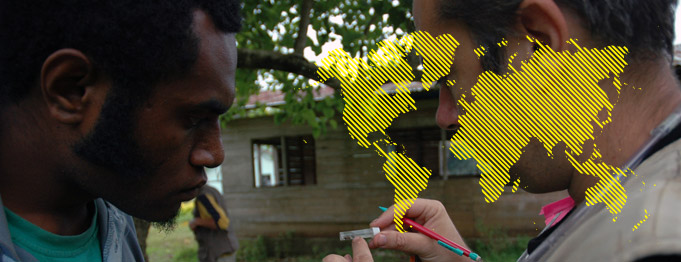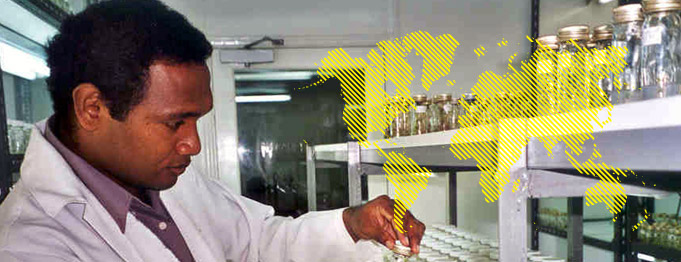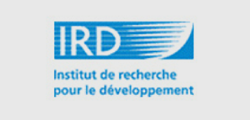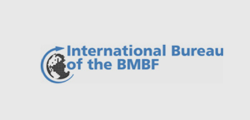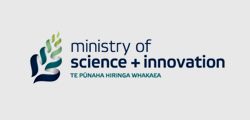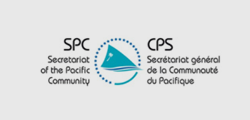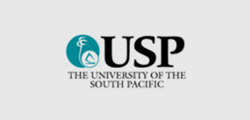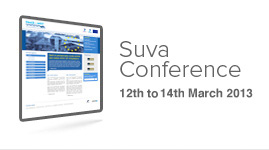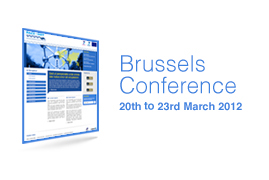Pacific Islands Climate Services Forum, Suva (Fiji), 21st to 25th January 2013
Background:The Pacific Islands Climate Services Forum is hosted by the Pacific Centre for Environment and Sustainable Development (PACE-SD) and the Pacific Climate Information System(PaCIS).The forum is aimed at engaging climate experts in a dialogue and sharing information with resource and disaster risk managers, community planners and other decision makers, the EU GCCA in country coordinators, meteorological service representatives, postgraduate students, and the greater climate services community,as well as representatives of government ministries and other program managers and policy makers to address the following objectives:
•Raise awareness of the capabilities of meteorological, oceanic and atmospheric knowledge available and used in villages and communities to support climate adaptationplanning and disaster risk management.
• Raise awareness of the state of knowledge of climate science, impacts, and adaptation and available climat and weather service products.
•Identify capabilities, including research and models, products and services, and training, are needed to support community-based climate adaptation planning anddisaster risk management.
• Investigate organizational structures and functions at the regional level to support climate services, consistent with the World Meteorological Organization (WMO) Global Framework for Climate Services (GFCS) and considering user requirements and user feedback, to minimize gaps and overlaps and to align climate service activities that already exist in the region.
• Establish support for peer-to-peer climate change learning networks
•Cultivate the growth of a sustained climate assessment process that is grounded in the iterative ‘co-production of knowledge’ through dialogs among local experts, key decision makers, andscientists.
Approach: The Pacific Islands Climate Services Forum is organized around three components; Training, Collaborative Workshop, and a Partners Meeting. The Training will focus on learning to access and use currently available data, products, and tool to help inform community-based climate adaptation strategies. The Training will be followed by athree day Workshop that will provide an opportunity for the sharing of information on national and local climate change adaptation programs, projects and activities, as well asthe state of knowledge related to climate change and climate change impacts. Concrete information/actions that both the users and providers of information can take away (e.g., adaptation success stories, product requirements) will be identified through an iterative dialogue. The Forum will culminate in a one-day Partners meeting thatbrings together program and project managers from government ministriesand non-government organizations in the region to evaluate the outcomes of the Workshop and begin to place them in a Global Framework for Climate Servicescontext as a means to harmonize the development and delivery of new or improved products and services that meet the needs for actionable information by local, national, and regional decision-makers.
Outcomes: Specific desired outcomes of the Pacific Islands Climate Services Forum include;
• Local/regional policy and decision-makers have a toolkit of best practices, actions they can take backand act upon to address climate issues critical to them. Researchers and program managers have anoutline of product content and format requirements that take into account local/regional variation in climate drivers, issues, capacities, and cultures.
• Participants are able to more easily access and make better use of information to support their specificinterest and need. Support for peer-to-peer exchange and learning networks is developed.
• Mechanisms and methods for communication, coordination, and collaboration directed towards the transformation of climate-related information into actionable knowledge in a way that minimizes duplication of effort, maximizes the use of agency resources in the Pacific, and fosters the growth of a regional culture of cooperation.
Read more: https://docs.google.com/spreadsheet/viewform?formkey=dDRJY0RLNDYwamRTNHNvWjVGWlNYOUE6MQ

